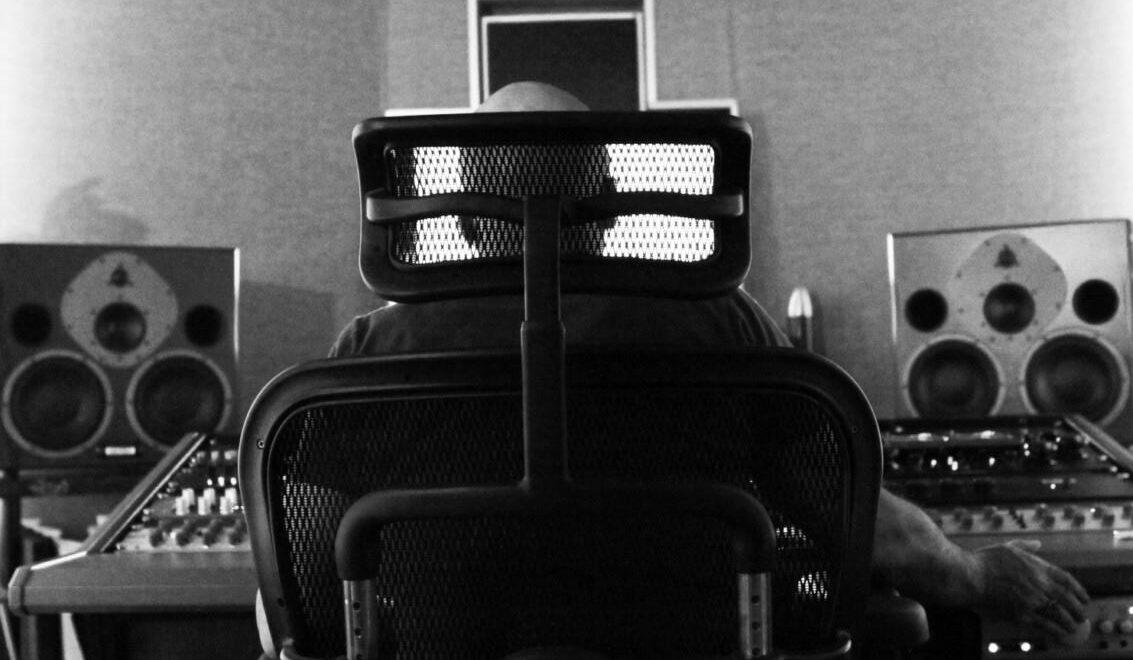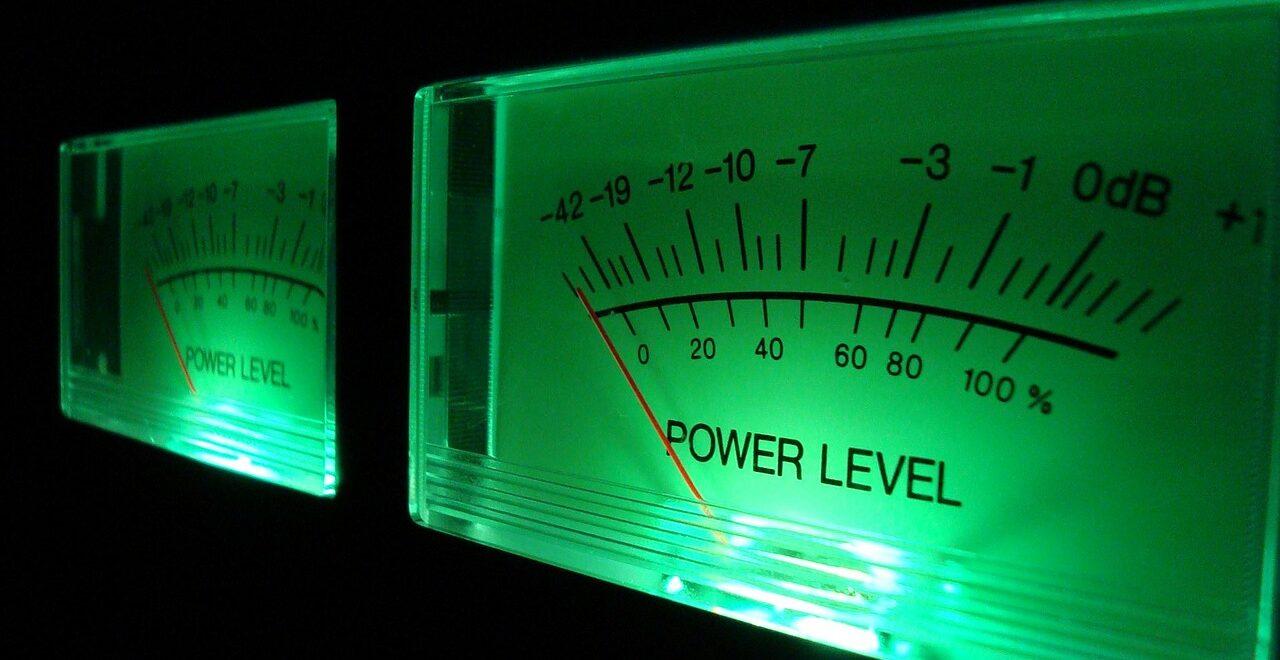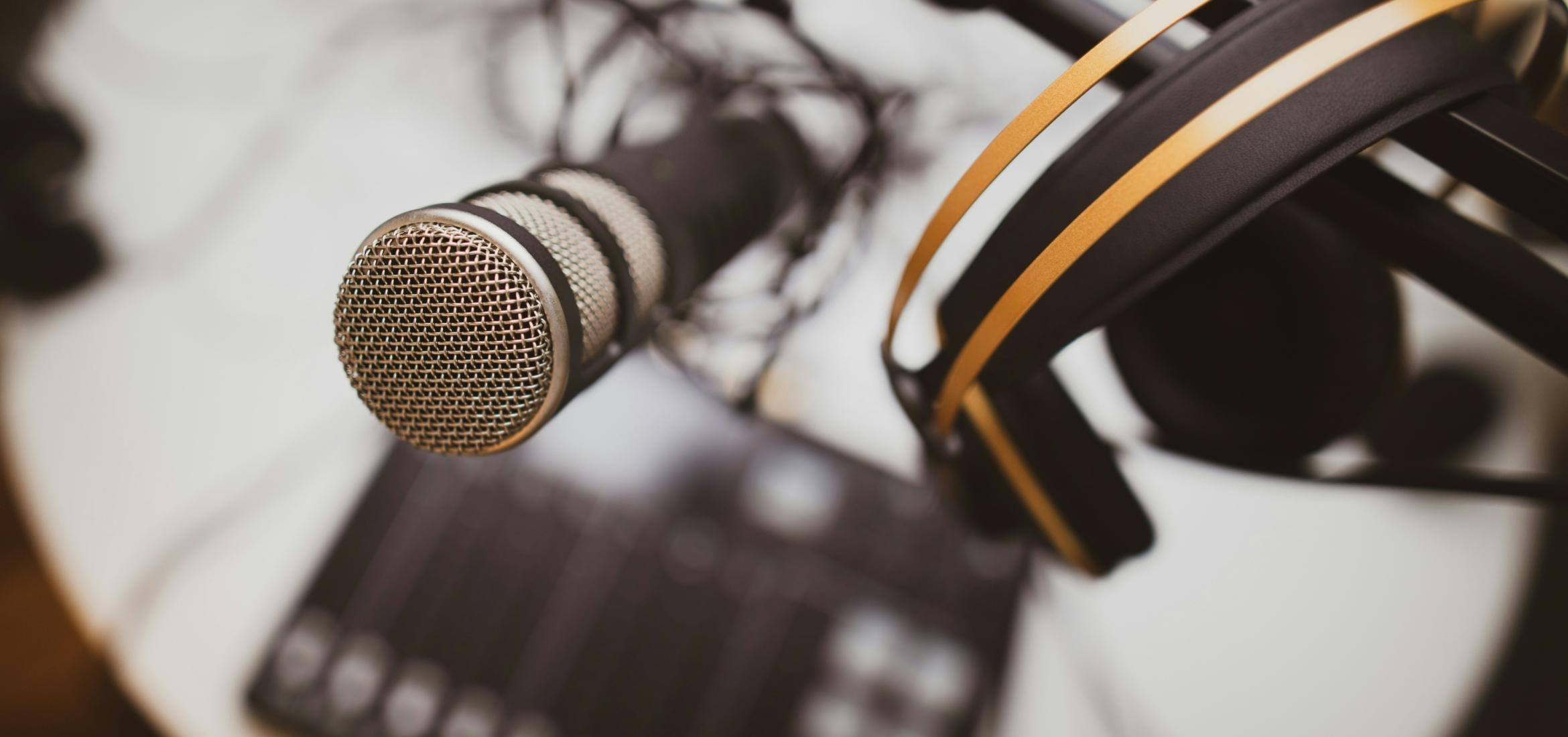Do you love being in the recording studio? There are two sides to recording music: the engineering and the performance. Typically, the performer comes into the engineer’s ‘space’ to capture their art as best as possible. That being said, having participated in both roles, I’m confident that if these suggestions are taken into consideration the next time you record, it will go much smoother for everyone involved. Preparedness before entering the studio will make life easier, and it will also save some money. Here are the 10 things to know before entering a recording studio:
1. Guideline – Being Prepared
Hiring a recording studio can be expensive depending on the time used. Therefore, a guideline for arrangements is a necessity before entering a recording studio. Money and time are always issues when recording. Your guideline will help things move forward quickly. Don’t waste time eating and chatting with friends. Also, keep in mind that most musicians spend time warming up before recording.
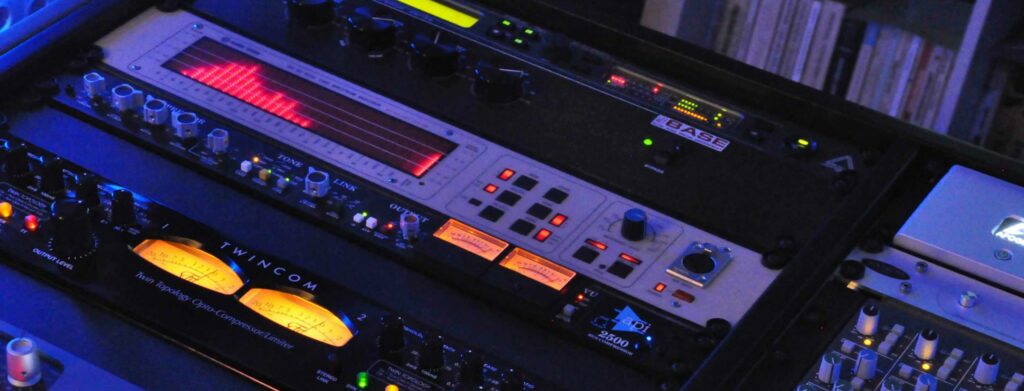
2. Song Arrangements
Most bands and musicians today don’t realize how much a song can be impacted in the studio if the song arrangement is not taken into strong consideration. Arranging songs to be recorded should be completed before stepping into a recording studio. This can be achieved by practicing song(s) with the band or sending them a recording of a previous rehearsal (by phone, for instance) to practice with.
3. Musician Audio Referencing
It is always beneficial for a musician or band to bring along audio samples or references of their work to a recording studio. Sometimes, audio technical terms may have slightly different meanings between parties—terms like over-compressed, loud-enough, disco-style, light-on-drums, etc.
In other words, audio samples that have a cross-reference to a particular term assist in clarification.
4. Review Your Recording Budget
Before entering a recording studio, a musician or band should review the overall budget for recording. Remember that a recording budget needs to cover both mixing and tracking in the studio. Consider how many musicians will need to be recorded, and ensure the budget will cover everything in the studio.
5. Be Aware That Recording in a Studio Can Be Challenging!
Recording in a studio has a different atmosphere than jamming elsewhere. Jamming alone might inspire confidence in doing one’s own thing, but recording in front of an unknown engineer/producer might make one feel less comfortable. Remember to always practice as much as possible to build rapport and gain confidence.
6. Leadership
Determine which person in your band has the best overall studio recording experience. It could be the one who can view the music as a whole made up of many pieces, rather than just someone who wants to crank up the guitar tracks as loud as possible. This may be one or two people, but a band member should be appointed to work closely with the engineer to ensure the band’s concept is conveyed. After everything’s recorded, this person should also sit in on the mixing sessions to work out levels and placement of instruments, and such.
7. Fewer People Are Better
Even though it might seem very cool to record in a studio, it’s even better to have fewer people there. Try not to invite friends who might waste your time. While it’s great to have friends around for support, and many are curious to see what’s going on, the reality in the studio is about work concentration, focus, and music decision-making. Be there to work and get things done! Studios can be expensive, so it’s not worth being distracted unnecessarily. Chat with friends if you have to, but remember you are only there to record. In any case, you could save valuable time by having the same conversations after work.
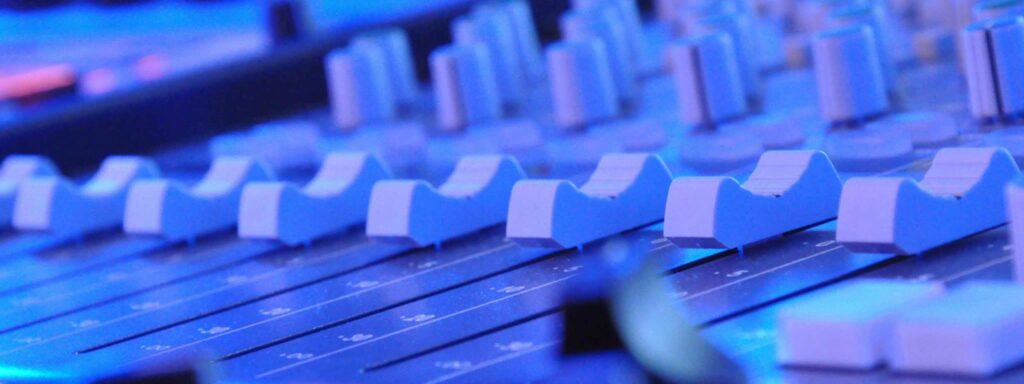
8. Be Positive
Look at the recording experience in the studio as a result of personal preparation, so prepare well beforehand and brainstorm with the band (if present). In the studio, if you are on a tight budget, you might keep checking the time, so despite any stress, push forward in getting as much out of your recording as possible and stay on top of things. Although musicians are there for support, strive to get things done by the end of the session. Some things might go wrong along the way, like the drummer breaking a drumstick, so bring some spares beforehand. Guitar strings can also take a beating in the studio, especially if your plan is to record a whole album. To keep strings from becoming dull and bland, make sure to replace them after every 24 hours of playing.
9. Being Organised
It’s imperative to be well-rehearsed before any studio recording and to be on time for the recording. For bands, each member should be in the studio at their designated time. Also, it’s not a bad idea to meet with the producer and engineer well beforehand to ensure they’ll adhere to the recording schedule.
10. Bring Your External Drive With You
Don’t forget to bring a USB or external drive to the studio to receive recorded files from the sound engineer. Some files could be massive when recording, for example: WAV files. Additionally, some studios won’t bother sending files to Dropbox or WeTransfer, as it would take hours to do so.
Conclusion
Don’t be afraid or intimidated by the studio if it’s your first time going in. Everyone makes mistakes their first time, and the best thing to do is to practice your music to achieve your best performance. It can be fun in the recording studio, as it is a creative atmosphere where musicians all appear like-minded. Photos may even be allowed (with permission) for one’s Instagram or Facebook. Most importantly, musicians are there to take their recording to the next level. It’s up to each musician to enjoy the studio experience as best as possible while maintaining their professionalism.
Leave a comment
Log in to comment
